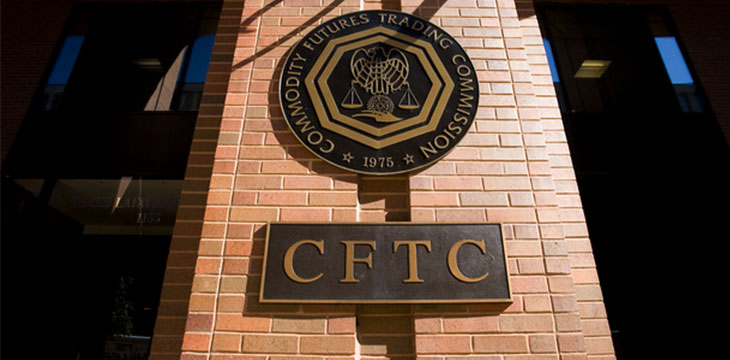|
Getting your Trinity Audio player ready...
|
CFTC case ruling incites a tug-of-war on who has jurisdiction over cryptocurrencies.
Commodity, security, or property?
While countries like Japan and Germany have decided to treat cryptocurrencies as if they were legal tender, officials in the US still cannot make up their minds.
A ruling by US district judge Jack Weinstein favouring the Commodity Futures Trading Commission (CFTC) in a case against Patrick Kerry McDonnell is fanning the flame over which agency has jurisdiction over cryptocurrencies. According to the court ruling, cryptocurrencies are considered as commodities and the CFTC therefore has the authority to regulate them.
McDonnell is charged by the CFTC with “fraud and misappropriation in connection with purchases and trading of Bitcoin and Litecoin.” The CFTC alleges that McDonnell has been introducing himself as an expert offering cryptocurrency investment advice, taking investors’ money, and then disappearing along with the money. And because cryptocurrencies are new, legislation does not specifically cover them yet, so the question was brought up on whether the CFTC could “exercise its jurisdiction over fraud that does not directly involve the sale of futures or derivative contracts,” which the judge approved.
But previous statements from the Securities and Exchange Commission (SEC) collide with this ruling. SEC Chairman Jay Clayton has said before that cryptocurrencies and ICO’s may be considered as securities and will therefore be subject to SEC regulations.
And the confusion does not end there.
Apart from the CFTC claiming jurisdiction over cryptocurrencies saying they are commodities, and the SEC saying they are securities, the Internal Revenue Service (IRS) says they are to be treated as capital property. Under the IRS Virtual Currency Guidance, cryptocurrencies will be treated as properties for US federal tax purposes, which means they are assets subject to capital gains tax. The IRS adds that if someone makes a purchase using cryptocurrencies, it would be treated as if the buyer paid in property. In this scenario, the transaction is treated as if the buyer sold a property (cryptocurrency) in exchange for dollars, and is therefore already considered a taxable transaction before the dollar equivalent is used to buy an item—which incurs another sales tax.
The confusion has become the subject of humour, with users saying now they’re just waiting for the DEA (Drug Enforcement Administration) to stake its claim and say cryptocurrencies are drugs.


 03-05-2026
03-05-2026 




